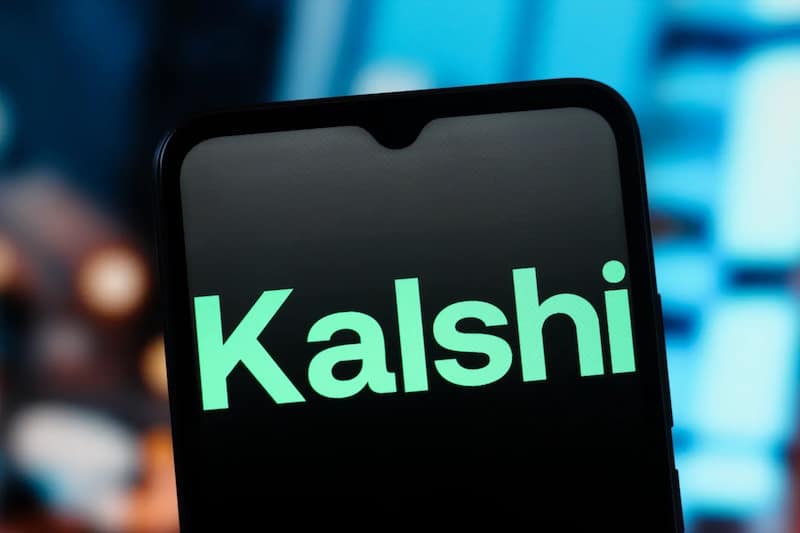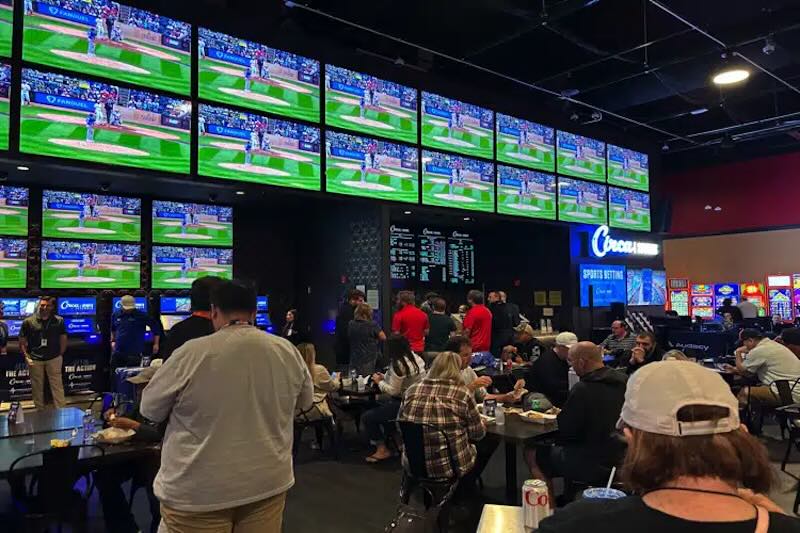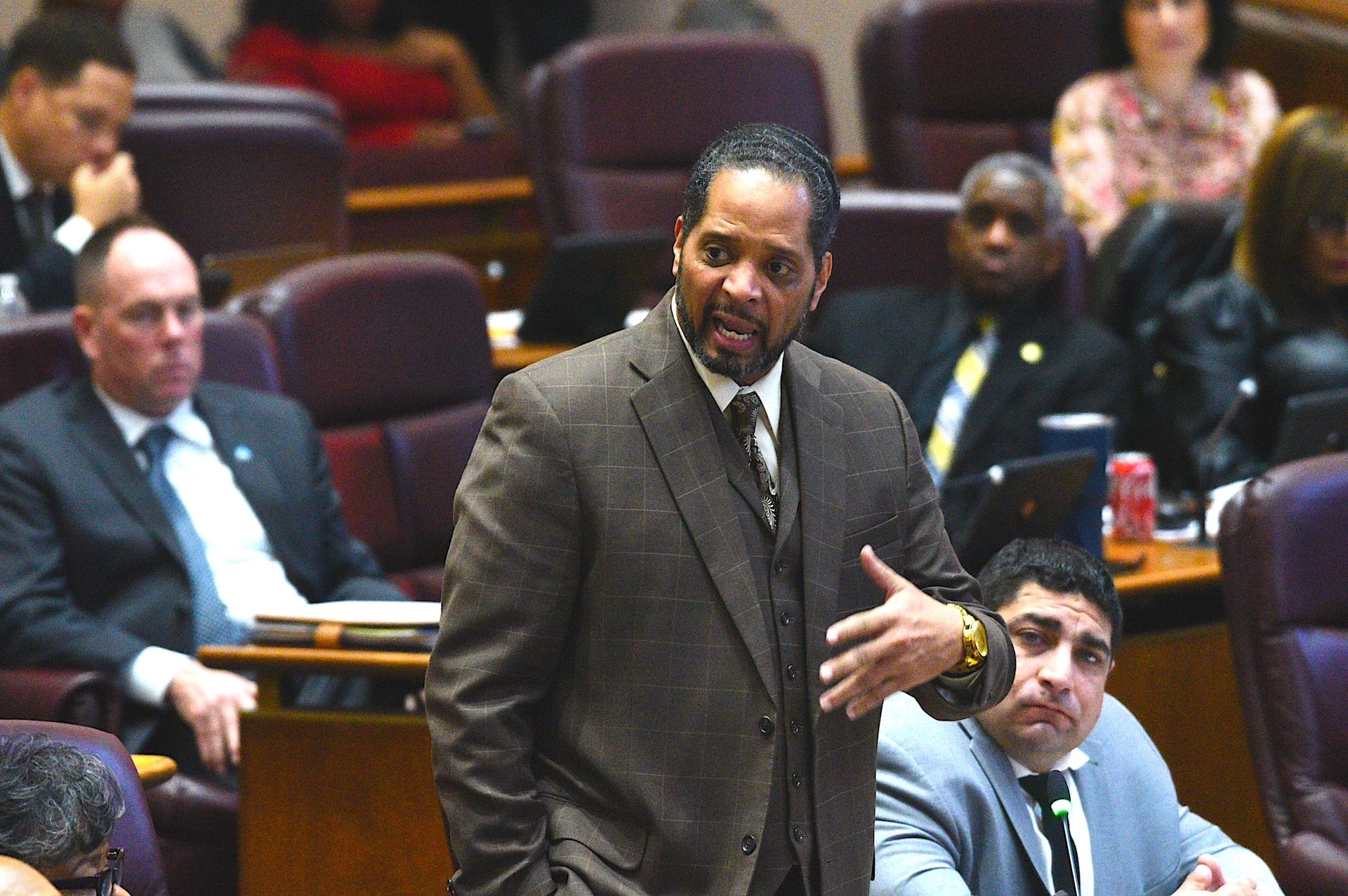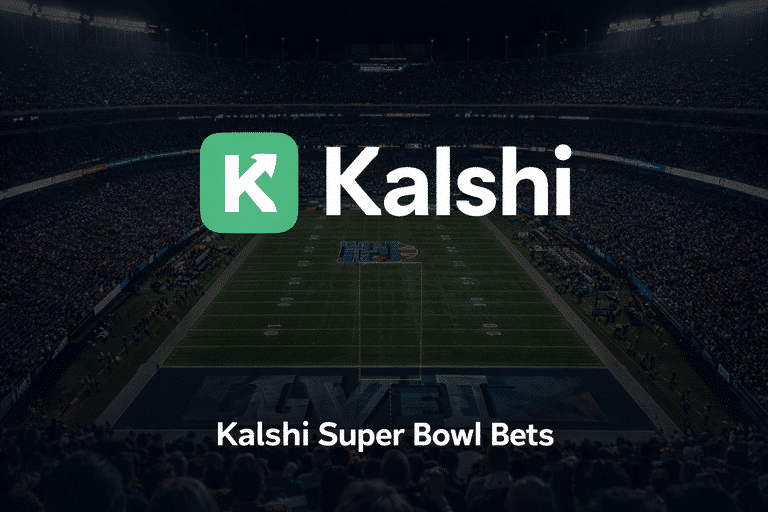
US sports betting: The bridge between two parties
Over the last several years we have witnessed an increasing political divide in the United States. We have seen two highly polarized presidential elections in the last eight years. Both sides of the aisle have taken a hard line on issues like abortion, same-sex marriage, immigration, government spending and on many other topics, lending almost no weight to bipartisan camaraderie when dealing with these important issues. However, our nation’s two major parties have come together in recent years in an unexpected way.
To date, more than 35 states have embraced regulated sports betting since the US Supreme Court overturned the Professional and Amateur Sports Protection Act of 1992 (PASPA) in May 2018, also known as the Bradley Act. Red and blue states alike eagerly embraced opening a regulated sports betting market within months of the ruling, an interesting phenomenon during a time when the nation has been so visibly split along political lines.
But perhaps this trend is not as surprising as people might think. Could it be that our two major parties have agreed more often than not on the subject of nationwide sports betting?
To answer that question, let’s take a brief journey back in time to the early 1990s when the Federal Government ruled in favor of a nationwide sports betting ban. During this time, many lawmakers held a different view on sports betting, with several concerned that allowing nationwide wagers could be potentially harmful. The rising opposition to sports betting led to multiple public hearings in June 1991, headed by the Senate Judiciary Subcommittee on Patents, Copyrights and Trademarks.
These hearings involved testimonies from members of several sports organizations. The NBA’s Commissioner at the time, David Stern, told the committee, “The interstate ramifications of sports betting are a compelling reason for federal legislation.” The subcommittee agreed with Stern’s viewpoint and said that sports betting on a federal level “is a national problem.” The group went on to add that, “The harms it inflicts are felt beyond the borders of those States that sanction it.”
Arizona Senator Dennis DeConcini first introduced a bill proposing a nationwide sports betting ban to the US Senate in February 1991. By the summer of 1992, the Senate passed the bill by an overwhelming vote, 88-5. The House passed the bill a few months later. Congress officially moved ahead with enacting a federal sports gambling ban in the fall by passing the Bradley Act, which took effect when former President George H. W. Bush signed it into law on October 28, 1992. States with licensed casinos that had offered sports wagering for at least 10 years prior were allowed a one-year window following the ban to pass laws in favor of sports betting.
A handful of states that currently had sports lotteries were exempt from the federal ban including: Montana, Oregon and Delaware. The state of Nevada also received an exemption due to its licensed sports pools. However, not everyone accepted the new law without protest. The State of New Jersey led the charge to push back against a nationwide sanction. Those opposed to the Bradley Act claimed the law was unconstitutional, on the grounds that it violated the 10th Amendment. Several organizations, along with red and blue states, voiced the need to repeal the law and began passing pro-sports betting laws within their borders.
Two prominent voices came from New Jersey and from the State of Kentucky, with constituents voting in favor of a regulated market. New Jersey began challenging the Bradley Act as early as 2009. A lobby alliance that involved the National Indian Gaming Association (NIGA) and the American Gaming Association (AGA) formed the American Sports Betting Coalition (ASBC), a group in favor of repealing the federal ban. Though voters in New Jersey voted in favor of legalized sports betting in 2012 and a law to open the market statewide passed, sports organizations including the NCAA, NBA, NFL, NHL and MLB defended the current law on the books and argued that a regulated market in New Jersey violated federal law.
The legal grapple continued during the next several years until Murphy v National Collegiate Athletic Association was heard by the US Supreme Court, which ruled in favor of overturning the nearly 30-year-old law on May 14, 2018. If history has taught us anything here, it is that Republicans and Democrats have stood in agreement on laws regarding gambling during at least the last 25 years regardless of whether a Democrat or a Republican lives in the White House. The fascinating aspect of the last few decades involves the sudden change of heart toward sports betting.
The US currently has one of the most conservative Supreme Courts in several decades, the same Supreme Court that recently struck down Roe v Wade and has ruled in favor of other issues that could be classified as highly conservative.
So why rule in favor of national sports betting? Perhaps the answer lies purely in numbers. During the last five years, both the online and retail sports betting markets have exploded, with several states hitting the $1bn revenue high water mark since their market debuts.
What is fascinating is the rising trend in red states that have opened regulated sports betting markets despite deeply rooted conservative views. And it’s not just one state. Several states that have collectively pulled the red lever in recent election years have pushed for regulated sports betting markets since the Supreme Court repealed the federal ban.
Take Indiana, for example, a predominately red state located in the heart of the Bible Belt. The Hoosier State consistently takes a conservative stand on many hot-button issues. And though nearly all its surrounding neighbors have – to some degree – legalized cannabis, the state’s current Governor has yet to consider following suit. Yet Indiana Governor Eric Holcomb signed a statewide regulated sports betting bill into law in September 2019, a little more than a year after the US Supreme Court overturned PASPA.
In the state of Arkansas, nearly half the counties there are dry, meaning alcohol sales are prohibited. To date, 31 of the state’s 75 counties are dry, something that does not look like it will change any time soon. But when it came to opening the state for sport wagering, Arkansas was one of the early states to come on board by passing a law in favor of sports gambling in November 2018.
Think about that. Arkansas residents in all 75 counties can place a bet on their favorite sports team, but those living in 31 of those counties cannot legally purchase alcohol to enjoy during the game. How could this be? Could it be that regulated gambling has bridged the gap in what has appeared over the years to be a never-ending gulf of political divide?
Possibly.
However, the power of the American dollar could also have something to do with it. There is no doubt that the significant amount of taxes coming in from the commercial sports betting market speaks volumes. Looking at Indiana again, the state has collected more than $618m in taxes from sports betting just for this year. That’s more money than many could see in several lifetimes.
Yet this phenomenon is not limited to red states. New York State opened its sports betting market in January 2022. The Empire State raked in half a billion dollars in tax revenue within its open market’s first 12 months. New York State Senator Joseph P. Addabbo released an official statement to comment on both the accomplishments of the state regulator and on successful results statewide during the market’s first year.
He remarked, “When mobile sports betting went live in New York nearly one year ago, the New York State Gaming Commission did an incredible job in outlining the rules, regulations and timeline for operators to provide New Yorkers with top-of-the-line products. And the benefits from that decision are now being felt across the state, as New York has already taken in more than $500m in tax revenue in just about one year.”
Could it be that gambling in the US is not a red or blue issue but has everything to do with green? An argument can be made that the answer is yes. However, that would be the convenient answer. Maybe gambling has always been able to bridge the gap between parties for reasons beyond simple capitalism. That certainly has been the case during the last 30 years when politicians on both sides of the aisle took a common stand against nationwide sports betting and then shifted to see the benefits that regulated gambling can potentially provide for both businesses and citizens.
Perhaps the deeper and more complex answer to the question of why this works lies in the fabric of American values that include life, liberty and the pursuit of happiness, as well as a desire to achieve the “rags to riches” American Dream. These common ideas have often transcended the political divide since our nation’s inception. Perhaps our love for entertainment and excitement is an adhesive that binds us together as Americans, with the gambling industry functioning as the bridge.
Tags/Keywords
Players trust our reporting due to our commitment to unbiased and professional evaluations of the iGaming sector. We track hundreds of platforms and industry updates daily to ensure our news feed and leaderboards reflect the most recent market shifts. With nearly two decades of experience within iGaming, our team provides a wealth of expert knowledge. This long-standing expertise enables us to deliver thorough, reliable news and guidance to our readers.






